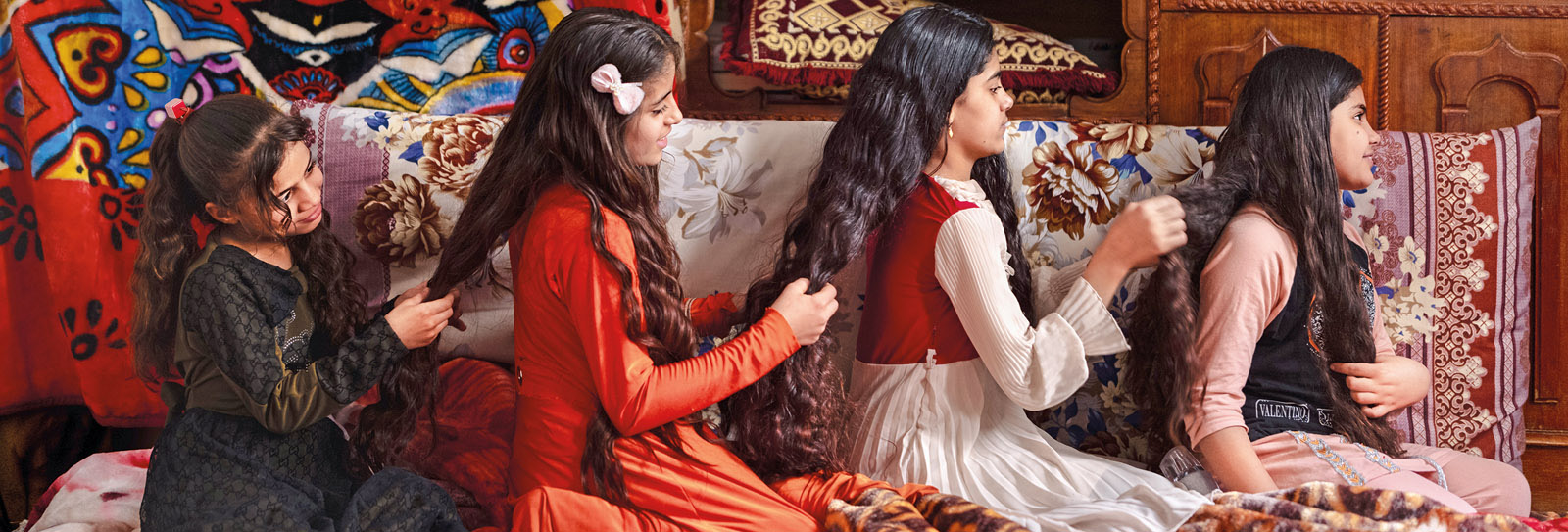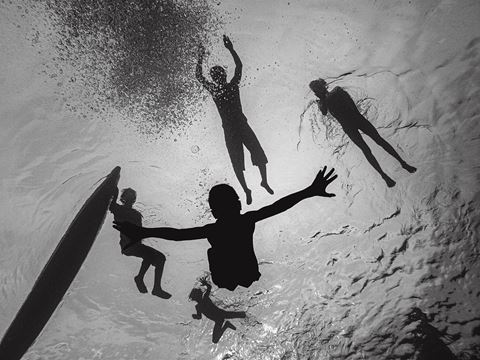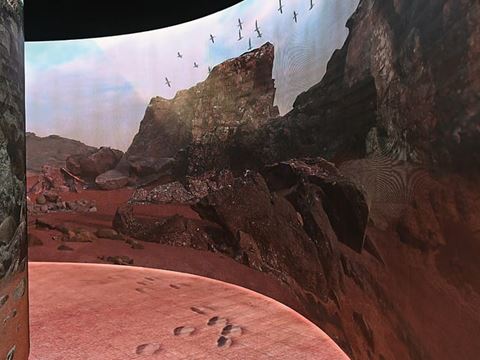
Spotlight on Photography: Serenity of Iraqi Sisters Washing Hair
In 2021 a photography project took me 1.900 kilometers down the Tigris River through Turkey. Syria and Iraq. By the time we reached the city of Kut, in central Iraq. I had been camping along the riverbanks for nearly two months, mostly in the company of men, with the occasional night hosted by a local family. Here Kut, at the home of a fisherman's family. I was able to have some precious time with other women. I was also able to join their weekly ritual of washing one another's hair.
In 2021 a photography project took me 1,900 kilometers down the Tigris River through Turkey, Syria and Iraq. By the time we reached the city of Kut, in central Iraq, I had been camping along the riverbanks for nearly two months, mostly in the company of men, with the occasional night hosted by a local family. Here in Kut, at the home of a fisherman’s family, I was able to have some precious time with other women. I was also able to join their weekly ritual of washing one another’s hair. In the morning, four sisters woke me with tea, fried eggs and bread, and they turned on the faucet to fill a basin. We took turns washing, and then the sisters joined up in a line to comb and plait one another’s hair. It was a gentle moment, the kind I like to share and that replenishes me on a journey. My own hair was being plaited as I took this photo.
—Emily Garthwaite
@emilygarthwaite
emilygarthwaite.com
You may also be interested in...

Ambon Island, East Indonesia by Hengki Koentjoro
Arts
This photo was taken off Ambon Island, East Indonesia in 2010. It is one of my favorites, illustrating the free-spirited nature of the children in the rural archipelago. While some children in the big cities may stay inside and play computer games, the children in Ambon with easy access to the water see the ocean surrounding their village as their playground.
Ithra Explores Hijrah in Islam and Prophet Muhammad
History
Arts
Avoiding main roads due to threats to his life, in 622 CE the Prophet Muhammad and his followers escaped north from Makkah to Madinah by riding through the rugged western Arabian Peninsula along path whose precise contours have been traced only recently. Known as the Hijrah, or migration, their eight-day journey became the beginning of the Islamic calendar, and this spring, the exhibition "Hijrah: In the Footsteps of the Prophet," at Ithra in Dhahran, Saudi Arabia, explored the journey itself and its memories-as-story to expand understandings of what the Hijrah has meant both for Muslims and the rest of a the world. "This is a story that addresses universal human themes," says co-curator Idries Trevathan.
"Duet": Senegalese Double Portrait
Arts
“Duet” comes from the Latin root word duo which means two. The Duet series focuses on double portraits, a tradition in West Africa.